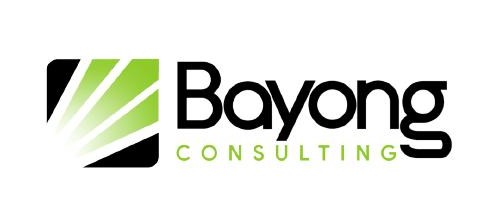
Why Executive Business Writing Matters
In today’s fast-paced, digitally-driven business environment, the ability to communicate effectively in writing is more important than ever. Executive business writing is not just about getting your point across; it’s about doing so with clarity, precision, and impact. Whether you are drafting an email, a proposal, or a report, the way you convey your message can significantly influence your career trajectory, company reputation, and bottom line.
Understanding the Essence of Executive Business Writing
Executive business writing is distinct from other forms of professional writing because it caters to high-level audiences such as CEOs, board members, stakeholders, and decision-makers. These individuals are often pressed for time, so your writing must be concise, clear, and compelling. This type of writing demands a higher level of professionalism, attention to detail, and an understanding of the nuances that can influence decisions at the top echelons of business.
Key Components of Effective Executive Business Writing
Clarity and Precision: Executive readers don’t have time to decipher complex jargon or sift through unnecessary details. Every word should serve a purpose. Keep your language simple, direct, and free from ambiguity.
Structure and Organization: A well-organized document is easier to read and understand. Start with a clear introduction that outlines the purpose of the document, followed by a logical progression of ideas, and conclude with actionable recommendations or conclusions.
Tone and Style: The tone of executive writing should be formal yet accessible. Avoid overly casual language, but also steer clear of overly complex or pompous phrasing. The style should reflect professionalism and respect for the reader’s time and position.
Persuasiveness: Often, executive writing needs to persuade the reader to take action or make a decision. Use data, facts, and logical arguments to support your recommendations. Be mindful of the reader’s priorities and tailor your message to align with their interests.
Attention to Detail: Executives notice the small things. Typos, formatting errors, and inconsistencies can undermine your credibility. Always proofread your documents and, if possible, have someone else review them before submission.
Common Pitfalls to Avoid in Executive Writing
Overloading with Information: Resist the urge to include everything you know. Focus on what the reader needs to know to make an informed decision.
Lack of Focus: Stay on topic. Wandering off into unrelated areas can confuse the reader and dilute the impact of your message.
Ignoring the Audience’s Perspective: Remember, it’s not about what you want to say; it’s about what the reader needs to know. Always write with the reader’s perspective in mind.
Practical Tips to Enhance Your Executive Business Writing Skills
Start with an Outline: Before you begin writing, create a detailed outline of your key points. This helps ensure your document is well-structured and that you stay on track.
Use Active Voice: Active voice makes your writing more direct and dynamic. For example, “The team completed the project on time” is more powerful than “The project was completed on time by the team.”
Edit Ruthlessly: After writing your first draft, go back and cut out any unnecessary words or sentences. Aim for brevity without sacrificing clarity.
Seek Feedback: Don’t hesitate to ask colleagues or mentors to review your writing. Constructive feedback can help you identify areas for improvement and refine your style.
Practice Regularly: Like any skill, executive writing improves with practice. Write frequently and challenge yourself to apply these principles in all your professional communications.
Conclusion: Elevate Your Career with Superior Writing Skills
Mastering executive business writing is not just about crafting impressive documents; it’s about positioning yourself as a leader who can communicate effectively at the highest levels of business. By honing your writing skills, you’ll be better equipped to influence decisions, drive action, and advance your career. Remember, in the world of business, your words are a powerful tool—use them wisely.
